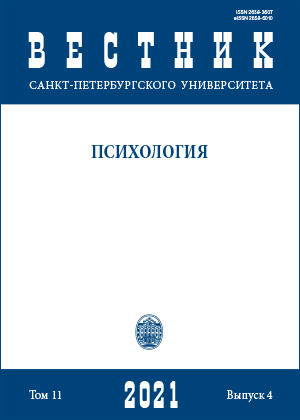Urban capital and the chronotope of the city: A new look at urban everyday life
DOI:
https://doi.org/10.21638/spbu16.2021.401Abstract
The article considers various aspects of urban everyday life, its role in the development of motivation and individualization of human life strategies. The concept of urban capital is introduced and its forms, which positively and negatively affect the formation of the features of urban everyday life, are revealed. The levels of urban capital, which allow to explore the individual style of urban socialization are highlighted. Furthermore, the relationship between urban identity and the internal form of the city chronotope is analyzed. It is shown that common to all variants of human positioning in the city space is the identification or attitude to various aspects of urban capital — localization, city status, social and ecological environment. It is proved that the main difference between these concepts is in the focusing of urban identity (as well as in a sharper form of urban capital) on the external parameters of the city environment, while the internal form of the urban chronotope emphasizes the inner feeling of a person, his own experience in certain places and time in a particular cityscape. This difference indicates the role of the personal chronotope, its internal form in the self-development and self-realization of a person and the connection with existence, intentionality of the personality. The similarity of the concepts of individual chronotope and small chronotope is shown; their influence on the development of the plot (in literature) and the structuring of the human world (in psychology) is analyzed. The relationship between individual parameters of the internal form of a personal chronotope as well as places and times in a small chronotope in their role in restructuring the large chronotope of a city into the human world is examined.
Keywords:
urban everyday life, urban identity, a large and a small chronotopes of the city, urban capital
Downloads
References
References
Downloads
Published
How to Cite
Issue
Section
License
Articles of "Vestnik of Saint Petersburg University. Psychology" are open access distributed under the terms of the License Agreement with Saint Petersburg State University, which permits to the authors unrestricted distribution and self-archiving free of charge.




